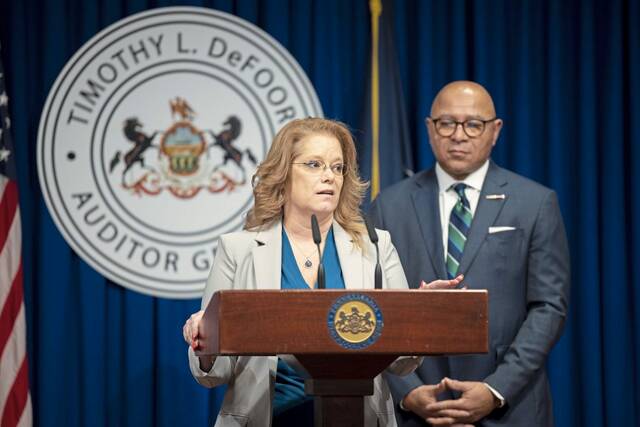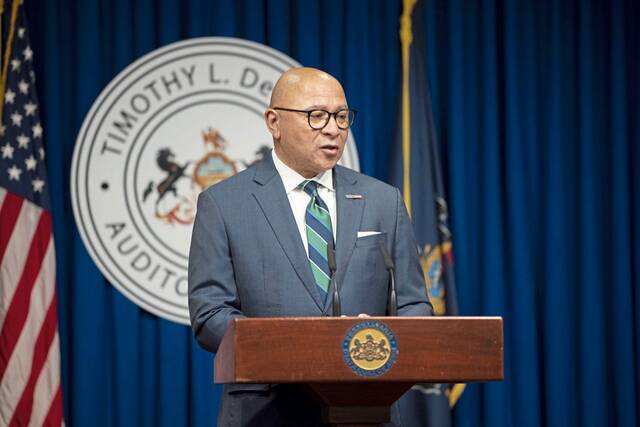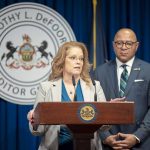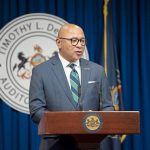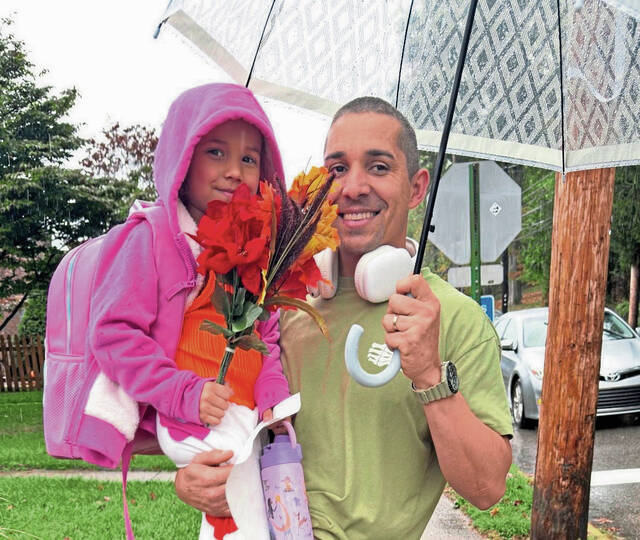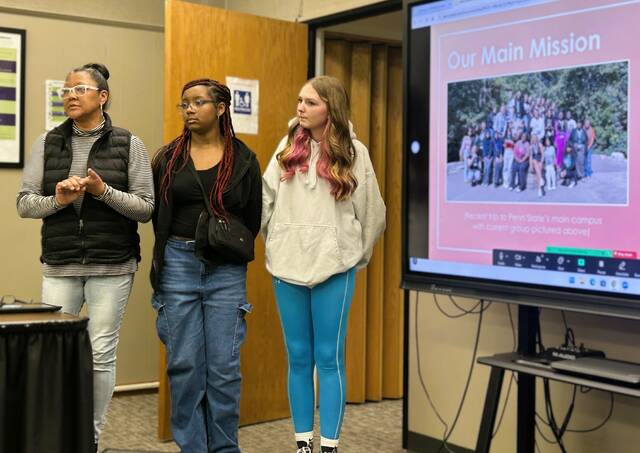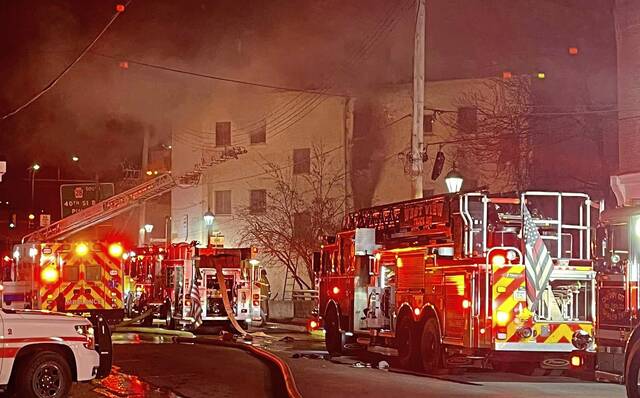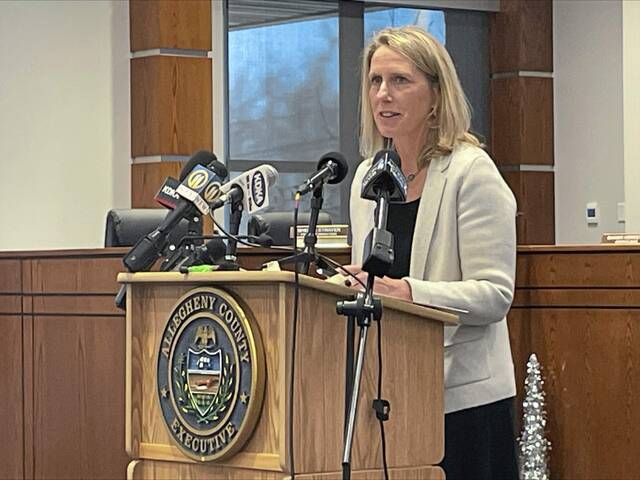North Allegheny is among a dozen school districts in Pennsylvania that hiked property taxes during years when they had enough cash on hand to cover their expenses, according to audits released by state Auditor General Timothy L. DeFoor.
“These districts represent a cross-section of Pennsylvania – from wealthier to poorer tax bases and urban, suburban and rural communities,” DeFoor said in Jan. 25 news conference in Harrisburg during which he unveiled the audit of a dozen districts’ budgeting and taxing practices from 2018 to 2021.
“These districts have found a way to use the law to their advantage so they could always raise property taxes,” the auditor general said. “It’s basically a ‘shell game’ that allowed these 12 school districts to collectively raise taxes 37 times during the four years we reviewed, which increased their respective general fund accounts to $390 million.”
DeFoor’s audit explicitly states that while the districts it reviewed broke no laws, their actions placed an unnecessary burden on taxpayers.
“If this is standard operating procedure for these urban, suburban and rural districts, it’s not a stretch to say that it’s common practice across the state,” he said.
North Allegheny officials issued a statement following the release of the report saying that the district “fully complied with the audit” and “was in compliance with legal requirements for designating our general fund monies.”
The only other Western Pennsylvania district among the dozen audited by the state was Cannon-McMillian in Washington County.
At issue is how the districts used a 2006 law — Act 1 — while budgeting for the upcoming school year.
The law requires districts to keep annual property tax increases to within a so-called “index” that limits the amount they can levy based on a formula calculated by the state.
If district officials want to raise taxes above the cap they must get an exception from the state or seek approval from voters through a referendum.
The state grants exceptions if districts need the money to meet pension obligations, pay for special education and to cover the cost of payments on previous construction debt and building projects approved by voters.
DeFoor said while doing the audits “some startling trends began to appear to our auditors, like moving money around to make sure a district would always meet the threshold to raise taxes.”
The auditor general said the districts also had a habit of applying for a referendum exception as a regular budgeting tool, rather than using it for extreme measures, which is the reason for the law’s creation.
State auditors noted that the exceptions granted by the state education department are based on the amount districts budget to cover expenses, not the actual cash they have on hand.
DeFoor said school districts reported to auditors that this practice is the result of never knowing much funding will be coming from the state each year.
The auditor general questioned that approach because of its negative impact on residents who already are struggling to remain in their homes.
The audit noted that between 2018 and 2021, North Allegheny asked the state four times for permission to raise taxes above the designated limit and raised property taxes in two of those years.
Three of four requests by NA for an exemption were to cover its required contribution to the state teacher pension system and special education services. The fourth request was to cover the cost of special education services.
DeFoor’s audit found that even when North Allegheny had enough money to cover those expenses in two of those years, it had residents pay more.
“Our results demonstrate that North Allegheny had sufficient funding and did not need to apply for referendum exceptions to meet its pension obligations and/or special education costs,” the report said.
The audit chastised the district for unveiling preliminary budgets to taxpayers and the state that suggested the district could not pay its bills without a tax increase while “it had millions of dollars available for anticipated expenditures.”
The audit notes that the 12 school districts wasted district and state education resources by filing for exceptions that weren’t needed.
DeFoor said the school board’s actions “placed an unnecessary excess burden on district taxpayers” and that the burden “was compounded in future years because the (school) board did not reverse the unneeded tax increase.”
In its written statement to the Trib on Jan. 25, North Allegheny officials said they had only received a copy of the audit that afternoon and declined additional comment while it was being reviewed with the administration, school directors and the solicitor.
In a written response to auditors that was included in the audit report, district officials agreed with the findings and said they would take steps to adopt the five recommendations for how tax cap exceptions are used to balance a budget.
The audit report also included recommendations for state lawmakers aimed at requiring school districts to use the money they have on hand before raising property taxes.
Recommendations also have been made for how the state education department can do a better job of granting exceptions.



